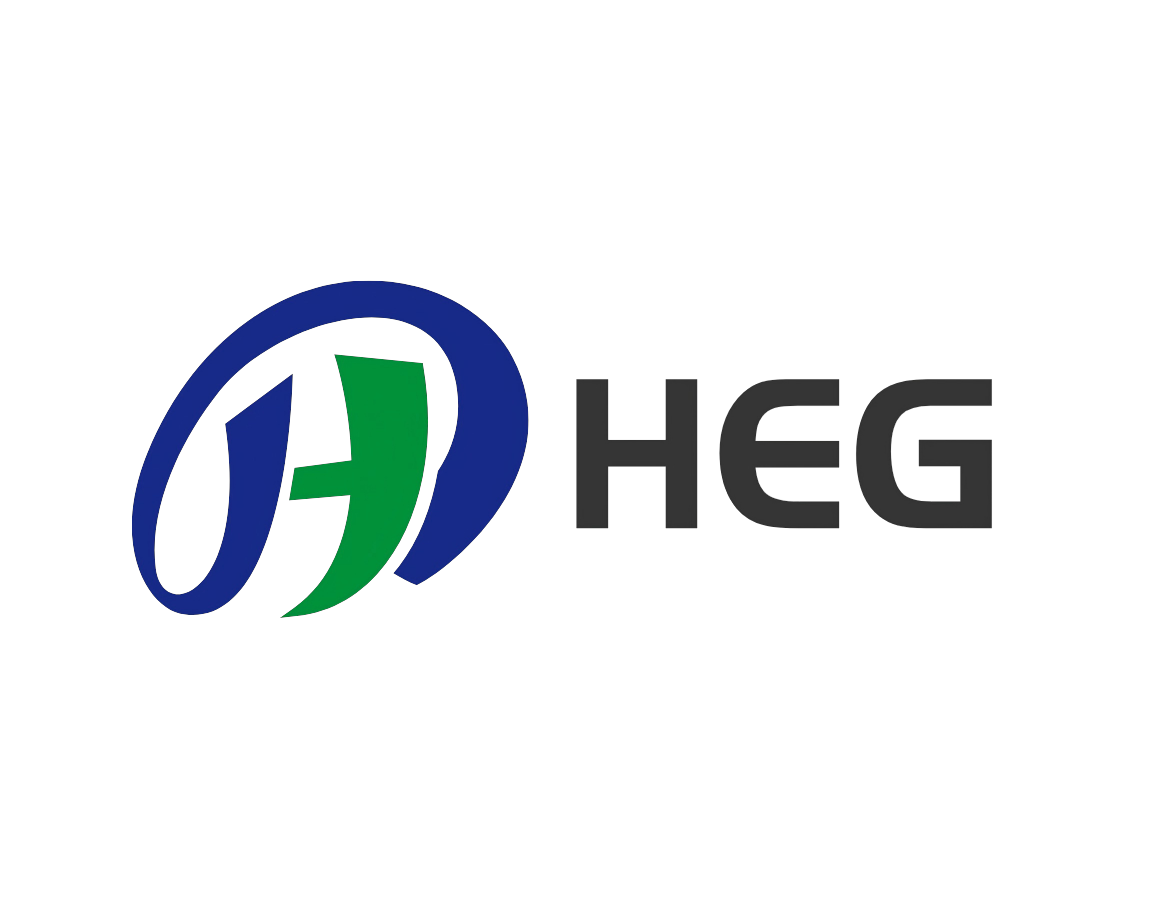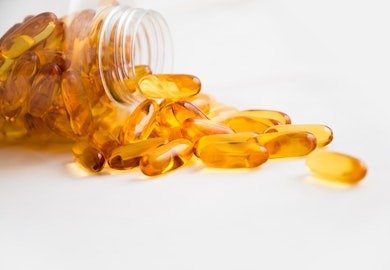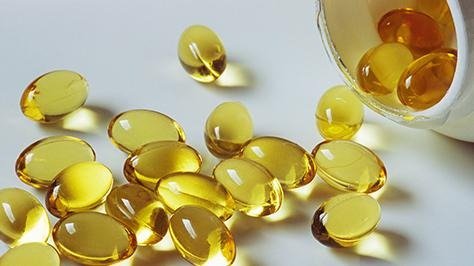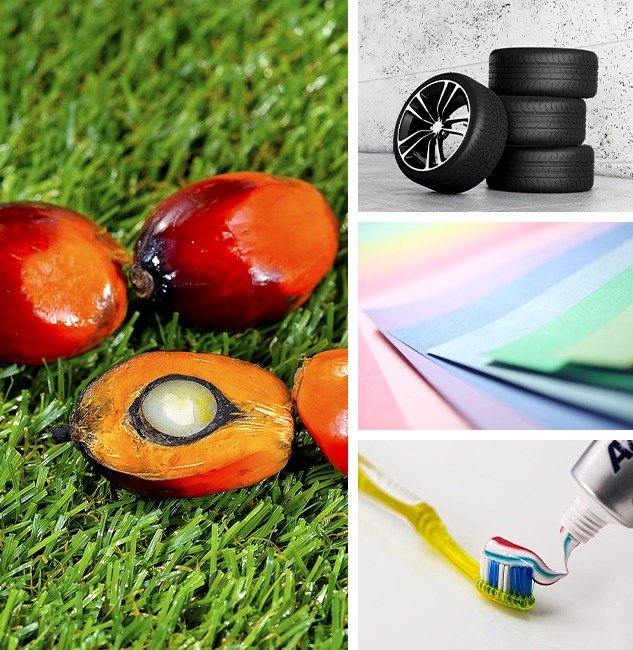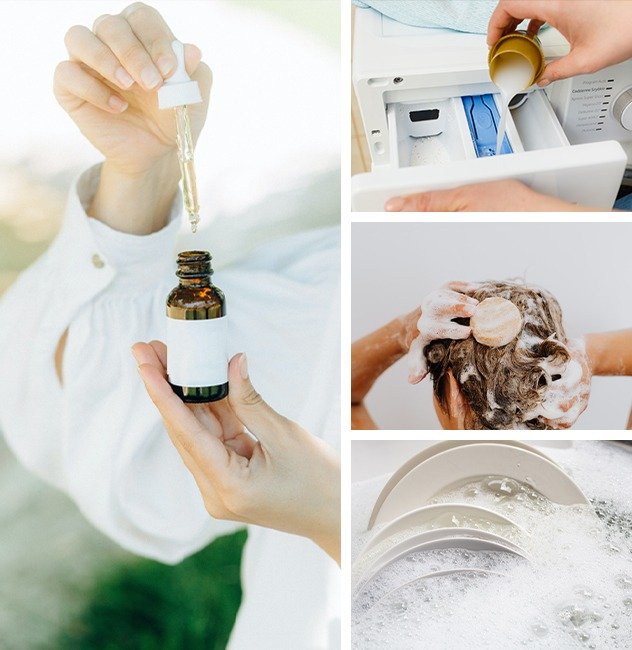What is Sorbitan Monooleate 80?
In your daily lotions or bakery products, Sorbitan Monooleate 80 (commonly called Span® 80) works quietly behind the scenes. This multi-purpose emulsifier solves formulation challenges across food, cosmetics and pharmaceutical industries.
Sorbitan Monooleate 80 is a non-ionic surfactant with HLB value 4.3, derived from sorbitol and oleic acid. It's the most common food-grade emulsifier for water-in-oil systems, approved globally for use in edible products (E494) and personal care items.

Unlike many industrial emulsifiers, this golden viscous liquid serves both food and cosmetic applications due to its balanced safety profile. Its molecular structure gives unique emulsifying properties that synthetic alternatives struggle to match.
Is Sorbitan Monooleate 80 safe to use?
When you see this ingredient listed, safety naturally becomes a concern - especially in products you consume or apply to your skin daily.
Extensive testing confirms Sorbitan Monooleate 80 is safe for its approved uses. It holds GRAS (Generally Recognized As Safe) status from FDA, complies with EU food additive regulations (E494), and meets cosmetic safety standards worldwide when used within recommended limits (typically 0.1-5%).

Safety Profile by Product Category
| Application | Safety Rating | Concentration Range | Special Considerations |
|---|---|---|---|
| Food Products | FDA GRAS | 0.1-1.0% | Must meet FCC specifications |
| Cosmetics | EWG 1-3 rating | 0.5-5% | Avoid in leave-on baby products |
| Pharmaceuticals | USP/NF Grade | 0.1-10% | Sterile filtration required for injections |
| Dietary Supplements | Generally permitted | <5% | Must declare on label |
During a reformulation project for a vegan cream, we discovered many customers mistakenly avoided Span 80, thinking it was synthetic. When we explained its plant-derived origins and safety record, acceptance improved significantly - showing how education matters with misunderstood ingredients.
What are the applications of Sorbitan Monooleate 80?
Span 80's versatility makes it invaluable across multiple industries. From keeping your cake moist to ensuring even medication dosage, its applications may surprise you.
Major uses include: food emulsification (40% of global usage), cosmetic creams/lotions (35%), pharmaceutical preparations (15%), and industrial applications (10%). Its water-in-oil stabilization is particularly valued where more common emulsifiers fail.

Comparative Performance by Industry
| Application | Primary Function | Advantages Over Alternatives | Typical Dosage |
|---|---|---|---|
| Baked Goods | Anti-staling agent | Better crumb softness than mono/diglycerides | 0.3-0.6% flour weight |
| Chocolate | Viscosity control | More stable than lecithin in high-fat systems | 0.1-0.3% total weight |
| Creams/Lotions | Primary emulsifier | Better skin feel than polysorbates | 1-4% of oil phase |
| Vaccine Adjuvants | Antigen dispersion | Enhances immune response | 0.01-0.05% |
| Industrial Lubricants | Additive stabilizer | More thermal stability than castor oil derivates | 0.5-2.0% |
A bakery client struggled with their gluten-free bread drying out too quickly. By incorporating just 0.4% Sorbitan Monooleate 80 into their recipe, they extended shelf life by 3 days without changing other ingredients - a simple solution that boosted their product quality dramatically.
Conclusion
Sorbitan Monooleate 80 remains an irreplaceable tool for formulators, safely bridging food, cosmetic and pharmaceutical applications with its unique balance of performance and safety credentials.
